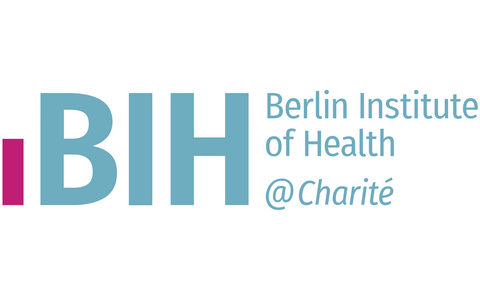
Berlin Institute of Health (BIH)
Turning Research into Health
The mission of the Berlin Institute of Health (BIH) is medical translation: transferring biomedical research findings into novel approaches to personalized prediction, prevention, diagnostics and therapies and, conversely, using clinical observations to develop new research ideas. The aim is to deliver relevant medical benefits to patients and the population at large. As the translational research unit within Charité, the BIH is also committed to establishing a comprehensive translational ecosystem – one that places emphasis on a system-wide understanding of health and disease and that promotes change in the biomedical research culture.
The BIH was founded in 2013 and is funded 90 percent by the Federal Ministry of Education and Research (BMBF) and 10 percent by the State of Berlin. The two founding institutions, Charité – Universitätsmedizin Berlin and Max Delbrück Center, were independent, member entities within the BIH up until 2020. From 2021, the BIH will be integrated into Charité as the so-called third pillar alongside the other two pillars – the hospital and research and teaching. The Max Delbrück Center will be the Privileged Partner of the BIH.

During the establishment of the partnership, the Max Delbrück Center and the BIH have worked closely together to create the binding structures required for a successful cooperation. Our teams will conduct research and work collaboratively in the following areas:
- Establishing, operating and further developing Technology Platforms.
- Berlin Center for Translational Vascular Biomedicine
research teams of the BIH and the Max Delbrück Center work together under one roof at the Käthe Beutler Building on the Berlin-Buch campus. - Focus Area: Single Cell Technologies for Personalized Medicine
Four junior research groups conduct research in this field at the Berlin Institute for Medical Systems Biology (BIMSB) of the Max Delbrück Center in Berlin-Mitte.





